This Session has closed
TwoCents
What are the absolute skillsets required to develop a career to a world class-level in Robotics, Embedded Systems and computer vision?
TwoCents
How do you decide what to research and what tools to utilize in solving Computer Vision, Robotics and Embedded Systems open problems?
TwoCents
What industries in Africa do you see adopting Computer Vision, and which industries are not but should?
TwoCents
What do you see being the major gaps between women & men careers in computing? and how can we bridge this gap to ensure a fair ratio between women and men in the African tech community ?
TwoCents
Can you give an example of a use case of how using Computer Vision helps researchers and companies make better use of their available data?
TwoCents
What would you like to see happening in Robotics and Embedded Systems research domains that technology cannot yet deliver?
TwoCents
Where we can see practical applications of data science and computer vision in products created by companies such as Google and IBM?
TwoCents
Beyond classroom education , what other activities are helpful for women trying to navigate the tech industry, and how impactful have these activities been to your career growth?
TwoCents
To what extent do you think early exposure to computing is important in getting women involved in computer vision, robotics and embedded systems?
TwoCents
This question has two parts. First is, can you share any of your favorite open source repositories for anyone looking to get into computer vision from beginners level to world-class engineer? Next is, what's one of the less obvious advantages of having an Ivy League education?
Similar sessions






Good Morning Ifueko, I would really love to know what it feels like being a black woman and studying Electrical engineering in a prestigious university? where there any glass ceilings you had to fight regarding being a black woman in a "man's industry"? what ways did you break through this glass? What unique way to share and create value with your knowledge?
As a specialist that has worked with drones and with the recent pandemic that took place from December 2019, how can drones be utilized in the agricultural sector to combat food insecurity in the era of Covid-19? How can we incorporate these drones into the agricultural sector insuring the farm products can be safe to eat??
I think that this application could have a huge impact, but needs to be thought about carefully from not just the financial benefit and food safety perspective, but also from an ethical perspective that includes all affected parties and environments.
You have a very successful career. How has the journey been and what has been your lowest point in your career if any and what advise would you give your younger self?
I'm gonna start off with your favorite three letters 'lol' 😂
Okay, thanks for being here Ifueko.
I have a background in construction; my first love actually. Lol. So, I want to know, asides the use of heavy machinery and equipment, what are the ways you see technology affecting the construction industry in the next decade and over?
Secondly, but still on the same, how much work do you think we would have to do in Africa to 'catch up' with your answer above?, given that we are usually behind on many things, generally speaking.

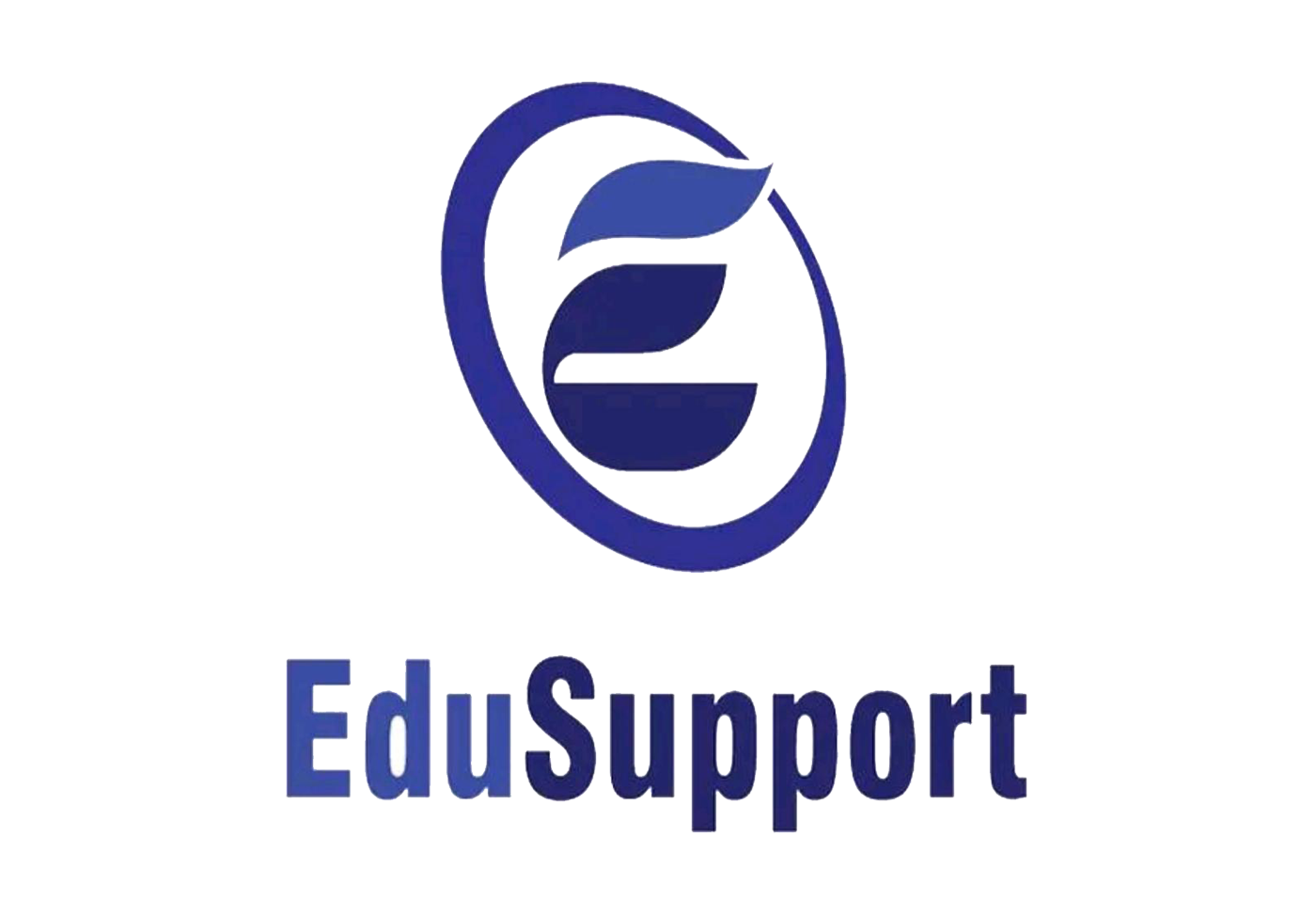
 2510
2510
 14
14



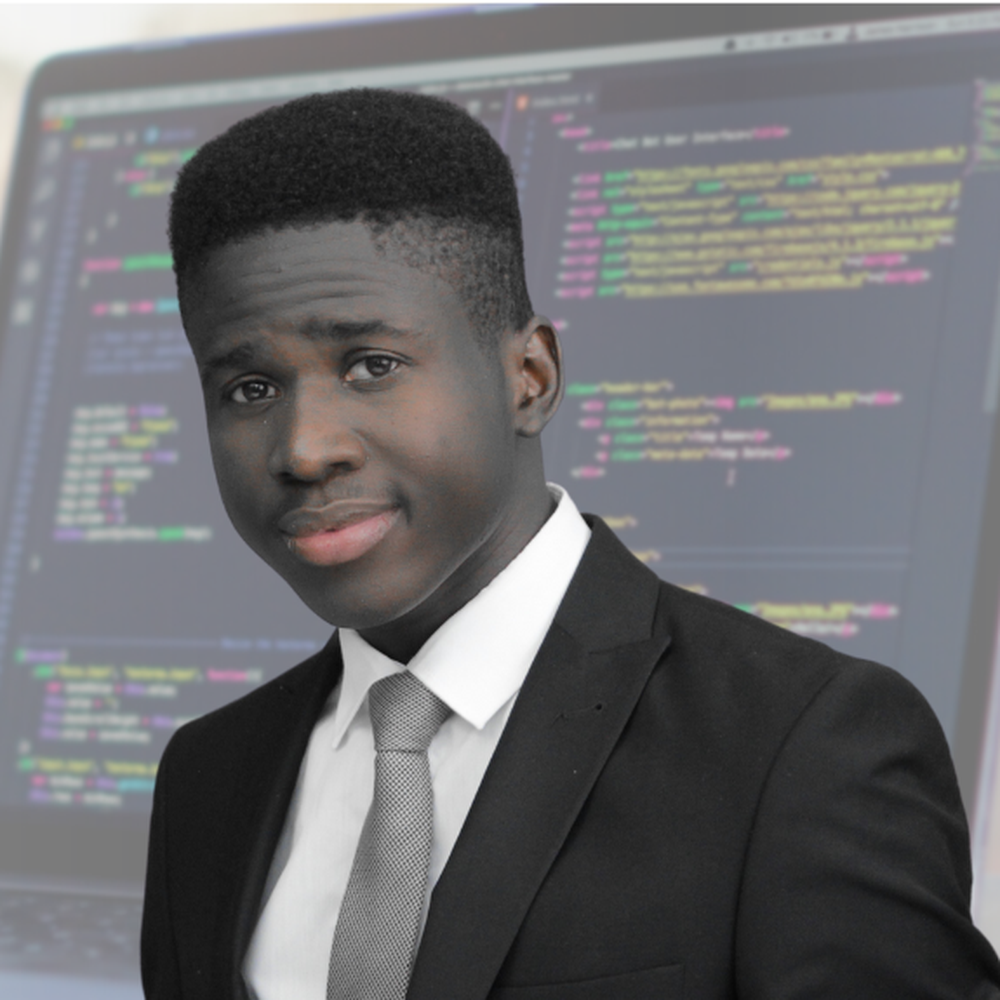




 Share this session
Share this session






 Boston
Boston










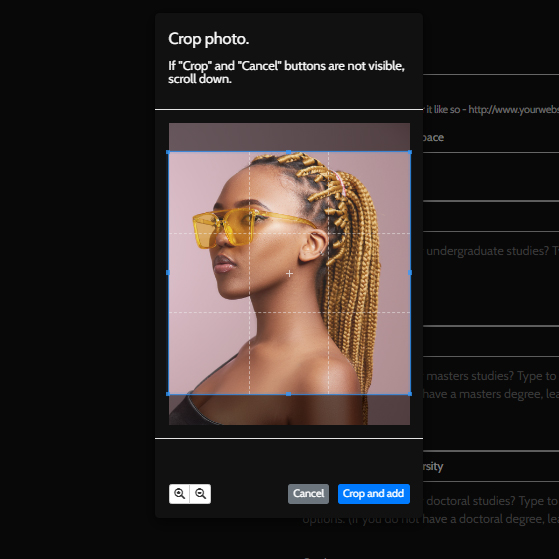
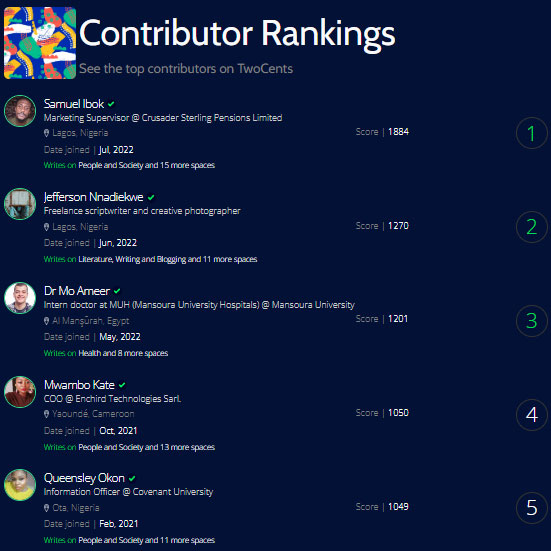

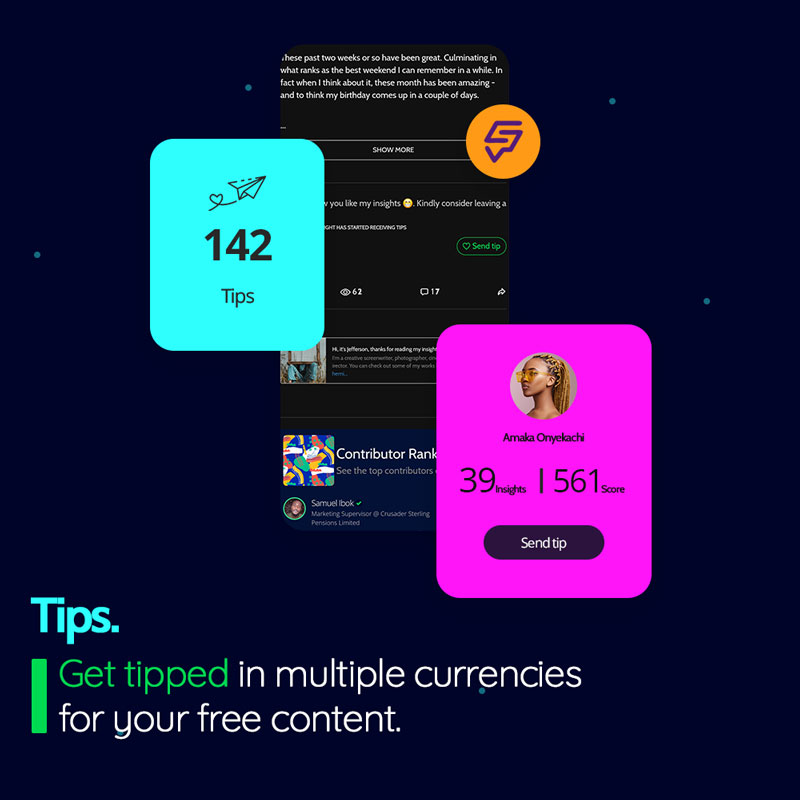
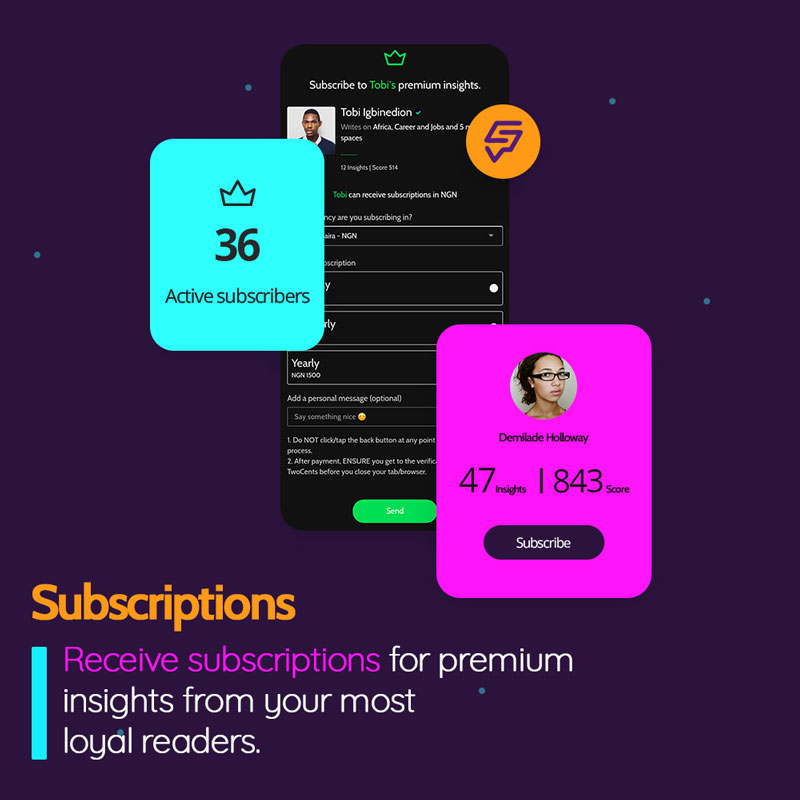
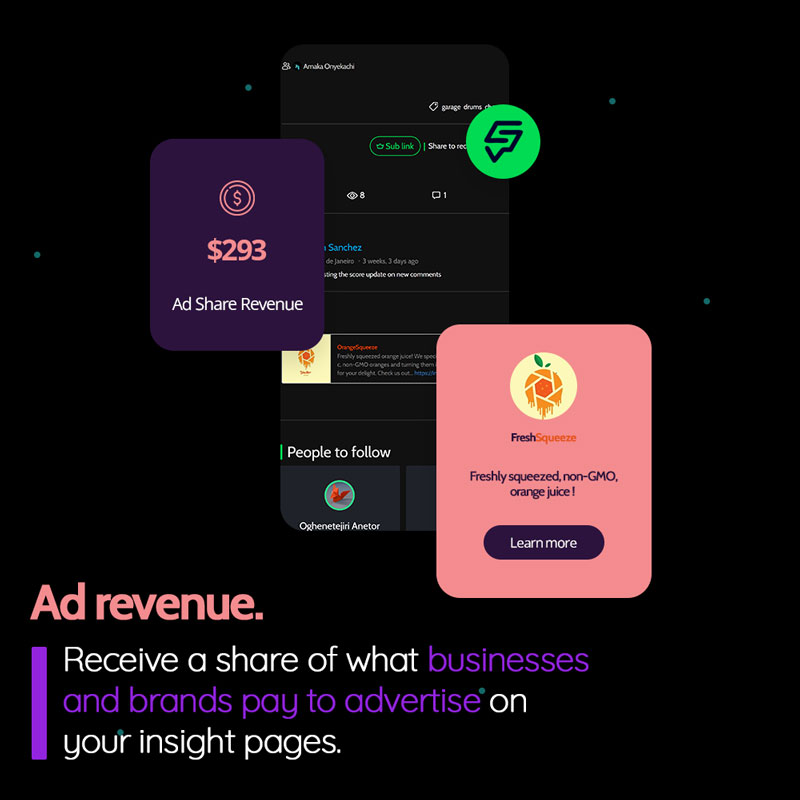
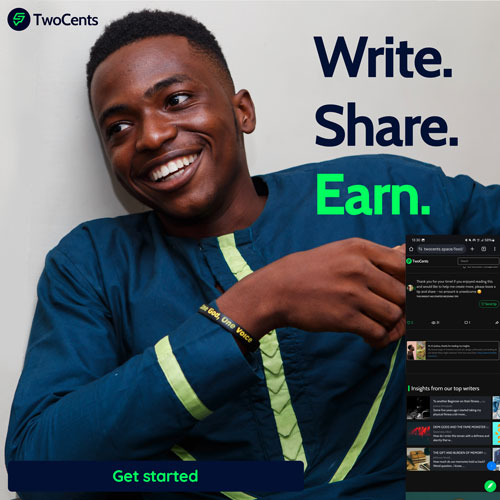
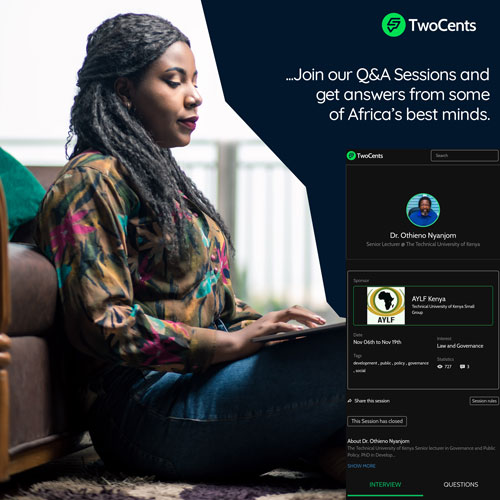
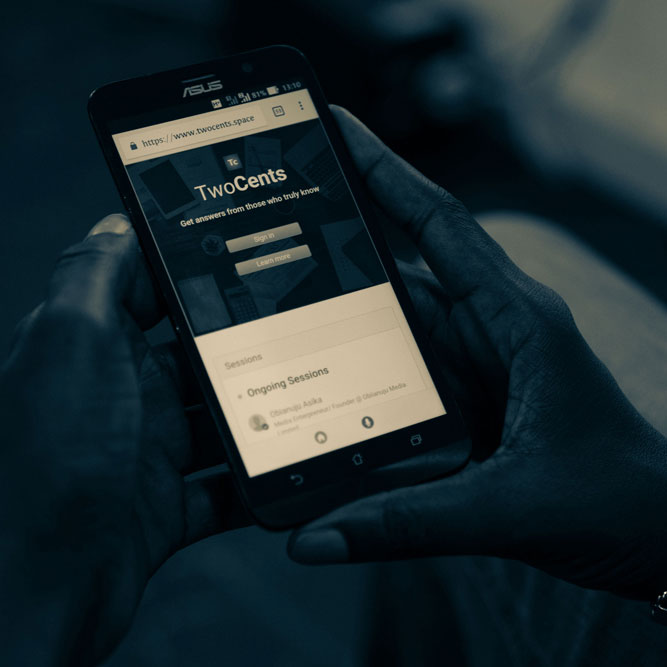


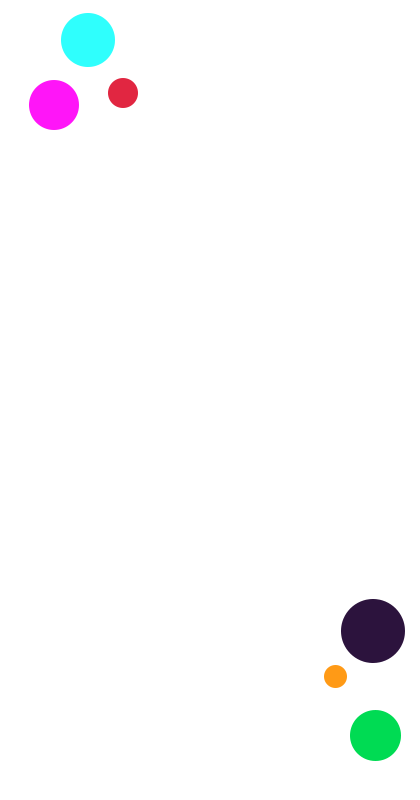



















Comments